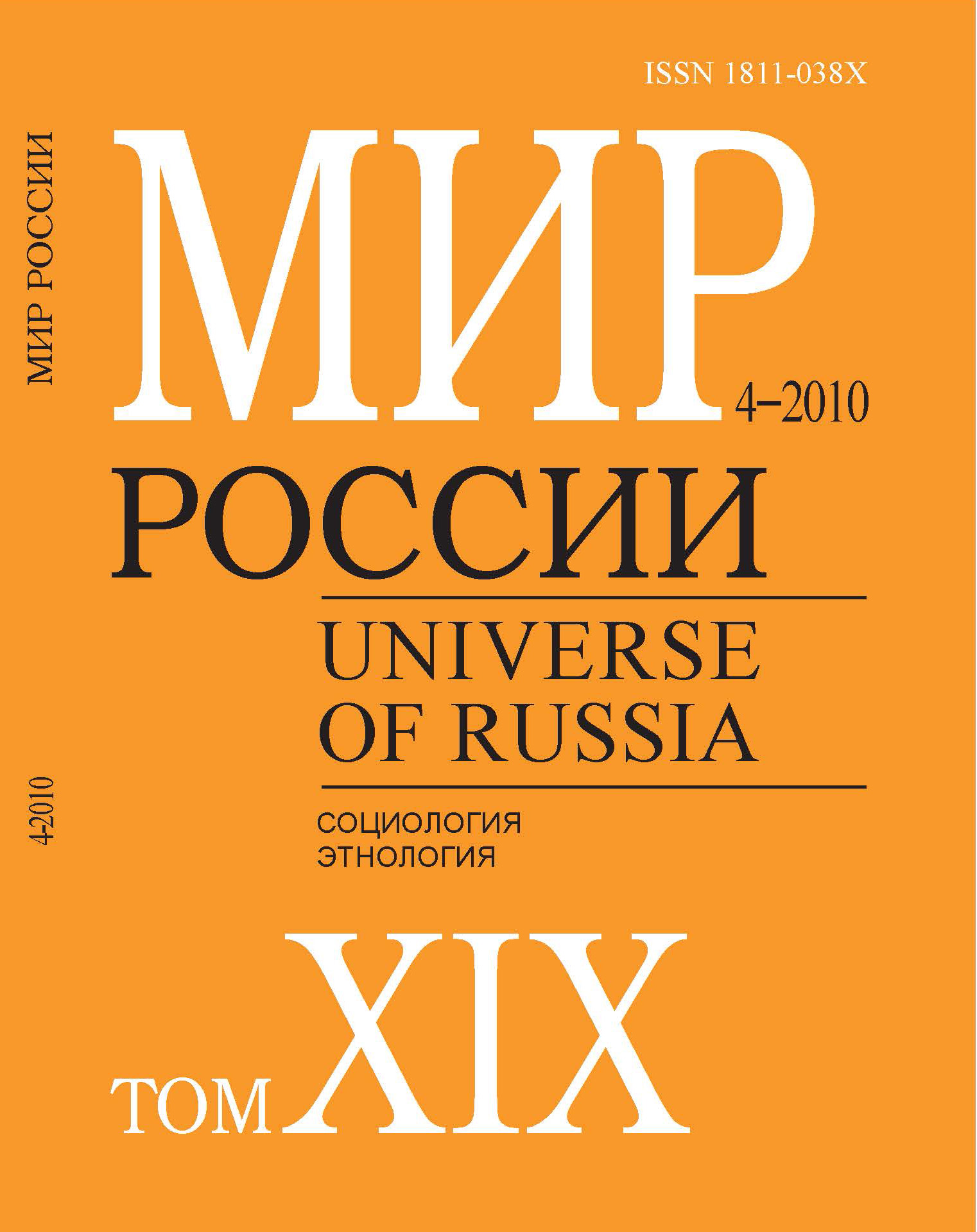Institutional Trust: Emergence Mechanisms and Dynamics (the case of international forest certification)
Abstract
Svetlana Tulaeva — PhD Student, European University at Saint Petersburg. Address: 3, Gagarinskaia St., Saint Petersburg, 191187, Russian Federation. E-mail: svetta05@gmail.com
This article analyzes the formation of trust with respect to the international system of forest certification (FSC certification) promoted by transnational NGOs. The objective of this system is to improve the environmental and social responsibility of timber companies by providing them with additional competitive advantages on the global market. The author distinguishes two levels of creating trust in forest certification: global and local.
At the global level there is consumer trust for the FSC logo and its value connotations (conservation of biodiversity and virgin forests, legality, respect for the rights of indigenous peoples and local communities). The trust for the FSC at this level is formed through the work of experts engaged in the development of common standards for sustainable forest management and supervision of companies. The major expert groups, which ensure such trust, are large international NGOs (Greenpeace, WWF) and certification bodies. Another important factor affecting the credibility of the FSC at the global level is its design, which includes management structures and a particular set of rules. The structure of this system requires flexibility in management through extending stakeholders’ participation and making it open to observers from outside.
At the same time, at the local level, trust in the new system depends to a larger extent on the interpersonal relationship between the local community and the certified company. The author examines three basic stages of building trust in local societies to the new institution. At the first stage of acquaintance with the system, local residents evaluate the potential of the system with respect to the use of its resources. In the second phase of system implementation, the community learns to use the new rights and implement new rules. At the third stage, these new rights and values are put into practice.
The author concludes that the initial foundation of this process is the rational interest of the local community to the new opportunities and resources offered by the system. At the same time, by using the new rights, residents gradually begin to adopt new rules and values. This leads to the further development of institutional trust and its transformation from instrumental to social, based on common values.






